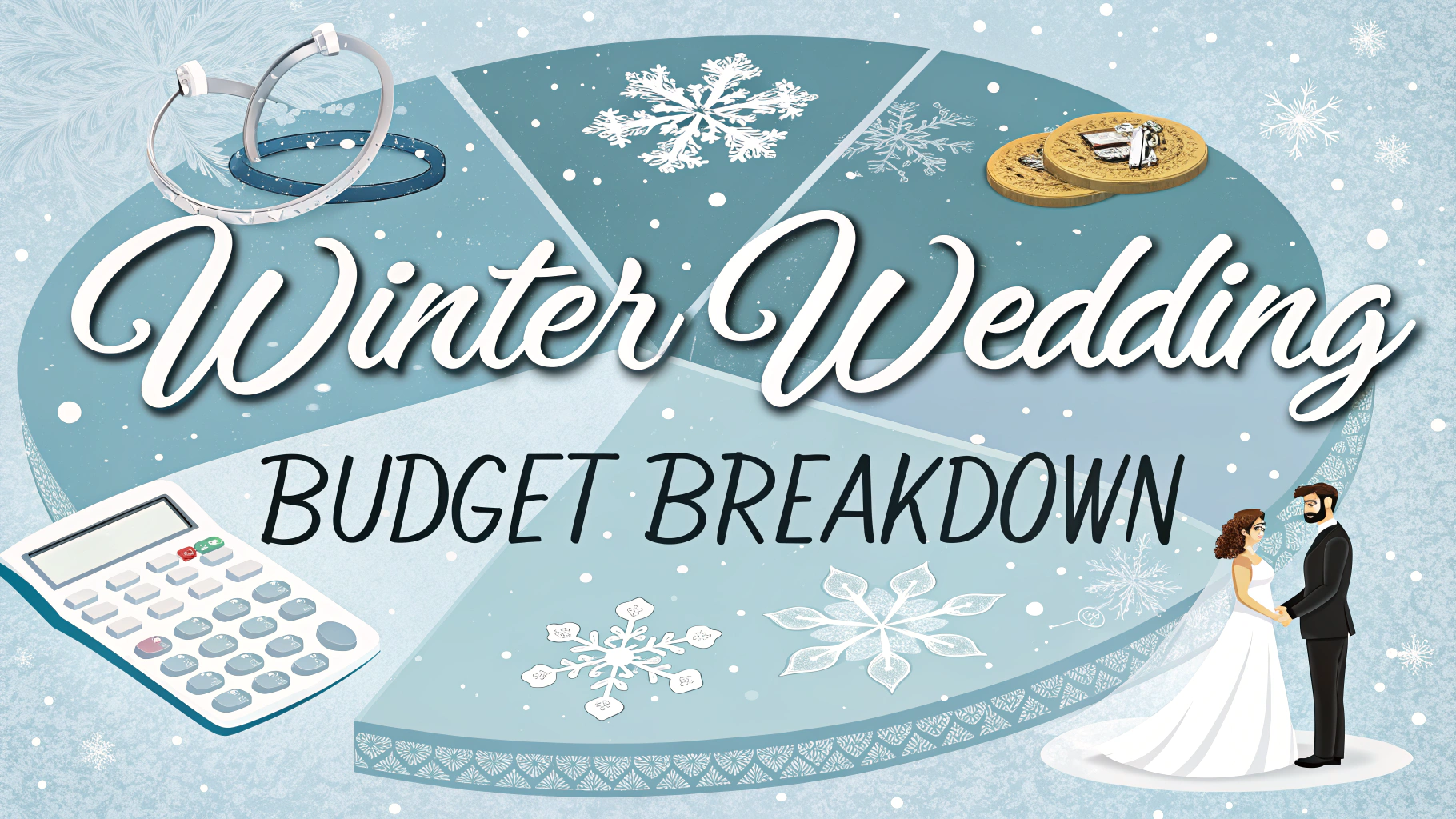Successfully coordinating multiple wedding vendors requires careful planning, clear communication, and strategic organization to ensure your special day flows seamlessly.
A typical wedding involves managing 8-12 different vendors, from caterers and photographers to florists and musicians, making proper coordination essential for avoiding costly mistakes or timing issues.
This guide walks you through the process of effectively managing your wedding vendors, helping you create a stress-free celebration where every professional works in perfect harmony.
Creating Your Vendor Team
Start by selecting vendors who have experience working at your chosen venue.
- Research reviews and ask for references from recent weddings
- Confirm their availability for your date before signing contracts
- Request proof of insurance and necessary licenses
- Check their backup plans for emergencies
- Verify their experience with similar-sized events
Essential Timeline Management
Create a detailed timeline that includes setup, delivery, and breakdown times for each vendor.
| Timing | Action Items |
|---|---|
| 6-8 Hours Before | Venue setup, decoration installation |
| 4-5 Hours Before | Flower delivery, cake setup |
| 2-3 Hours Before | Photography begins, music setup |
Communication Strategies
Share contact information among all vendors through a centralized document.
- Designate a point person (coordinator or trusted family member) for day-of communications
- Schedule a final walkthrough meeting with all key vendors
- Create an emergency contact list
- Use a shared digital platform for updates and changes
Payment and Gratuity Planning
Organize final payments and gratuities in advance to avoid day-of stress.
- Label envelopes with vendor names and amounts
- Assign a trusted person to handle payments
- Keep digital copies of all contracts accessible
- Prepare gratuities in cash
Setup and Breakdown Coordination
Create a detailed floor plan showing where each vendor needs to set up.
- Mark power outlet locations
- List specific setup requirements for each vendor
- Schedule staggered arrival times to avoid congestion
- Plan breakdown sequence and timing
Managing Vendor Meals and Breaks
Arrange appropriate meals and break schedules for vendors working extended hours.
- Confirm meal requirements in contracts
- Schedule rotating breaks to maintain coverage
- Designate a separate vendor meal area
- Include dietary restrictions in catering plans
Making Your Vision Reality
Schedule individual meetings with creative vendors to align on your style preferences.
- Share inspiration photos and mood boards
- Create detailed spreadsheets for specific requirements
- Document any special requests or must-have elements
- Review samples and mockups when possible
Keys to Wedding Day Success
Trust your chosen professionals to execute their roles while focusing on enjoying your celebration.
- Keep a printed copy of all vendor contracts accessible
- Have backup vendor contacts ready for emergencies
- Follow up with thank-you notes after the wedding
- Provide honest reviews to help future couples
Handling Last-Minute Changes
Develop a flexible system for managing unexpected adjustments to your vendor plans.
- Create a backup plan for outdoor elements
- Keep buffer time in the schedule for delays
- Maintain open communication channels with all vendors
- Document all changes in writing
- Share updates with all affected parties immediately
Quality Control Measures
Implement checkpoints throughout the planning process to ensure vendor deliverables meet expectations.
- Schedule periodic review meetings
- Request progress updates at key milestones
- Review final designs and layouts before the event
- Conduct taste tests and trials when applicable
Technology Integration
Utilize digital tools to streamline vendor coordination and communication.
- Create shared cloud folders for documents
- Use planning apps for timeline management
- Set up group messaging platforms
- Share digital floor plans and setup guides
Creating Your Wedding Day Legacy
A well-coordinated vendor team ensures your wedding vision comes to life exactly as planned, creating memories that will last a lifetime.
- Document your planning process for future reference
- Capture behind-the-scenes moments
- Build relationships with vendors for future events
- Share your success stories with other couples
FAQs
1. How far in advance should I begin coordinating with wedding vendors?
Start coordinating with vendors 12-18 months before your wedding date. Popular vendors often book up quickly, especially during peak wedding season.
2. What is the typical payment schedule for wedding vendors?
Most vendors require a deposit (usually 25-50%) to secure the date, with the remaining balance due in installments or 1-2 weeks before the wedding date.
3. How do I create a timeline for vendor arrivals and setups?
Work backwards from your ceremony time, allowing adequate setup time for each vendor. Typically, decorators need 4-6 hours, caterers need 3-4 hours, and florists need 2-3 hours before guest arrival.
4. Should I hire a wedding coordinator to manage my vendors?
Yes, especially for larger weddings with multiple vendors. A coordinator manages the logistics, timing, and communication between vendors, allowing you to enjoy your day stress-free.
5. What should be included in vendor contracts?
Contracts should specify services provided, exact dates and times, pricing, payment schedule, cancellation policies, insurance coverage, backup plans, and any specific requirements or restrictions.
6. How do I handle vendor meals during the reception?
Provide meals for vendors working more than 4 hours during reception time. This typically includes photographers, videographers, musicians, and coordinators. Inform your caterer of the vendor meal count.
7. What’s the best way to communicate with multiple vendors simultaneously?
Create a shared document or use a wedding planning app where all vendors can access timeline details, setup locations, and contact information. Schedule a final vendor meeting 2-4 weeks before the wedding.
8. How do I ensure vendors have proper venue access?
Share venue rules, loading dock information, and parking details with vendors in advance. Provide a venue layout marking setup locations and power source access points.
9. What backup plans should I establish with vendors?
Discuss contingency plans for weather, illness, equipment failure, and timing delays. Ensure vendors have backup equipment and emergency contacts available.
10. How do I coordinate vendor insurance requirements?
Check venue requirements for vendor insurance and collect certificates of insurance from each vendor at least one month before the wedding date.
11. What’s the protocol for vendor tips and gratuities?
Prepare vendor tips in labeled envelopes and designate someone to distribute them. Standard gratuities range from 15-20% for service providers, though some vendors include gratuity in their contract.








